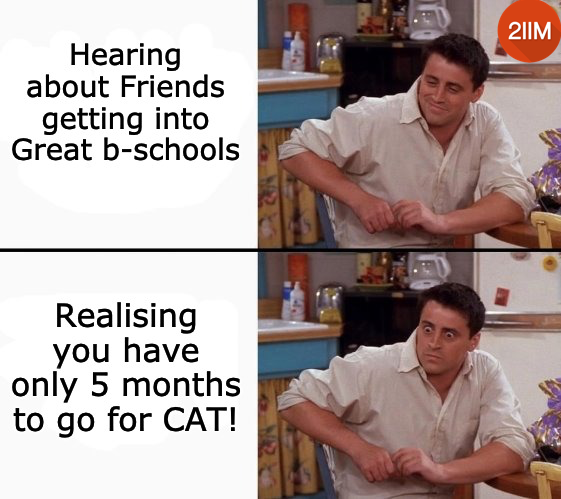CLAT Question Papers
CLAT Logical Reasoning section tests the candidates’ ability to frame arguments based on premise(s), and draw conclusions and inferences. Though the passages do not require as much prowess over the English language as such, the ability to read and comprehend them quickly will come in handy. This section is more about making logical conclusions about an idea, as inferred from the passages.
The following CLAT Logical Reasoning questions have been framed with adequate focus on the difficulty level of CLAT. The passages have been chosen with an eye on diversity of topics and the variety of themes and arguments.
Try these questions out for free, to check your mettle on CLAT Logical Reasoning!
CLAT Logical Reasoning: Covid Crisis
“Never waste a crisis” is an old adage. The Covid crisis is a good time to enact painful reforms. Some reforms like the suspension of labour laws for three years by some states have caught the headlines, and been criticised, rightly, as half-baked. No investor will come if the change is limited to three years.
More rational and politically courageous is the abolition of once-sacred subsidies plus higher taxation of petroleum products. The central government raised the excise duty on diesel and petrol in March and May and increased the road cess to Rs 8/litre. State governments have raised their taxes too. Higher taxes could yield up to 1% of GDP, a fiscal godsend since the Covid-induced recession looks like cutting government revenue by 2-3% of GDP.
Economist Ajit Ranade says 70% of today’s consumer price of petrol and diesel is taxation, representing a prematurely high carbon tax. I disagree. Indian petrol at Rs 80/litre is still far cheaper than in Europe or Japan, though more expensive than in low-taxed USA. India is far more polluted than all of them. For breathable air we should raise fuel taxes to curb consumption and incentivise a switch to electric two-wheelers, and eventually electric cars. That will take time and technological change, but electric rickshaws are already spreading fast.
Which of the following is not true?
- Thanks to this fuel tax, the government could have higher revenue than it had predicted pre-Covid
- Ajit Ranade believes that India’s fuel tax is already high
- The author believes that fuel tax should spur the uptake of electric vehicles
- States have used suspension of labour laws as a tool to attract investors
Explanatory Answer
This one is interesting. Once again, let us go choice-by-choice.
A – “State governments have raised their taxes too. Higher taxes could yield up to 1% of GDP, a fiscal godsend since the Covid-induced recession looks like cutting government revenue by 2-3% of GDP.” Revenues down by 2-3% and then this fuel tax hike gives you 1%. So, on an overall basis the revenue is still likely to be lower than what was originally predicted. This is a very interesting choice. This statement is not true. This is the right answer. Let us see the other choices also.
B – “Economist Ajit Ranade says 70% of today’s consumer price of petrol and diesel is taxation, representing a prematurely high carbon tax.” Clearly true.
C – “For breathable air we should raise fuel taxes to curb consumption and incentivise a switch to electric two-wheelers, and eventually electric cars.”. Stated in passage.
D – “Some reforms like the suspension of labour laws for three years by some states have caught the headlines, and been criticised, rightly, as half-baked. No investor will come if the change is limited to three years.” – This one is trickier as it is not explicitly stated. The passage says that states have used the idea of suspending labour laws for three years. The author then says that a 3-year suspension might not be sufficient. We do not know if the move is successful, but it is clear that the labour law suspension was used to try to attract investors.



CAT Coaching in Chennai
CAT 2021
Enroll at 49,000/-
44,000/-
Online Classroom Batches Starting Now!

